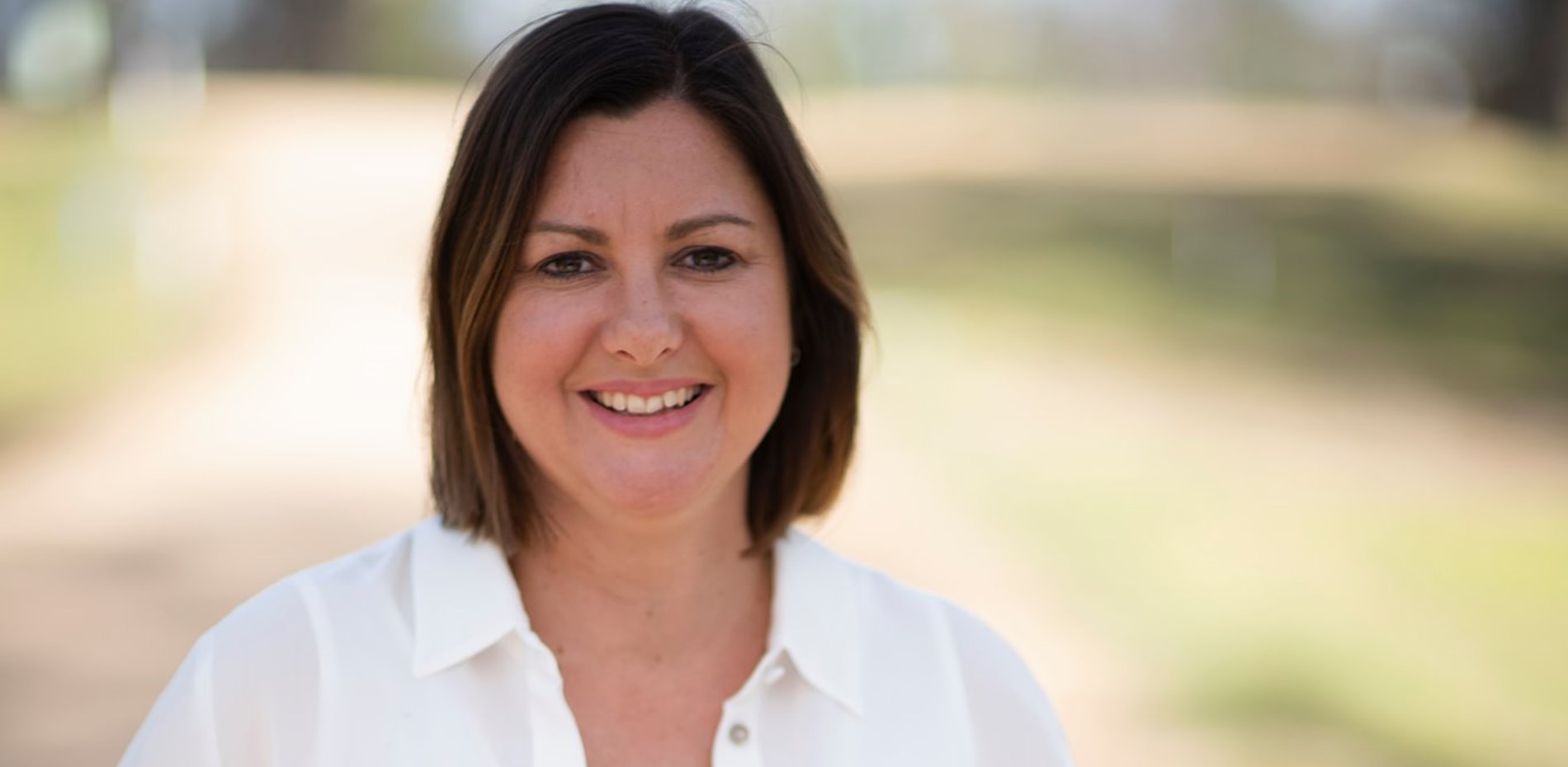04 September 2023
I recently attended the annual Bush Summit in Wodonga, Victoria – where policy makers came together with regional leaders from across industries including agriculture, resources, small business, health, education, technology and employment – to discuss the ‘defining decade ahead.’
The forum recognised the immense value of uniting a group of diverse individuals from regional locations – each with unique backgrounds and life experiences – to help inform better investment decisions to drive positive outcomes.
This concept of placing people in our regions at the centre of decision-making is exactly what the Voice to Parliament would do.
It would be a committee of Aboriginal and Torres Strait Islander people from across the country that would provide direct advice to the Parliament and Government on key policies that affect them.
But unlike a major event that moves around in a calendar, or an advisory body that is dissolved with the stroke of a pen by a change in Government, the Voice would provide the consistency that our regions are screaming out for.
Regional Australia has suffered for a very long time from a one size fits all mentality – and this approach is not working, because very real gaps remain – particularly, for Aboriginal and Torres Strait Islander people.
Life expectancy eight years shorter than non-Indigenous Australians, worse rates of diseases and infant mortality, a suicide rate twice as high, and fewer opportunities for education and training.
These challenges have been perpetuated by inflexible policy settings – which has seen billions of dollars spent without the lasting improvements needed, and generations of divide in our regions persist.
We cannot continue to kick these issues down the line and simply hope for the best.
As an elder in my own regional electorate often says to me, “Decisions have been made over a couple of hundred years for Aboriginal and Torres Strait Islander people - some good and some not so good. We have tried it this way and Closing the Gap targets have not slimmed. Shorter life expectancy, worse housing, education and social outcomes. How about you try doing things differently?”
When he puts it this way, Governments receiving direct advice from a committee of individuals with this lived experience is a very small ask for truly transformative change.
Because if we continue to do the same thing over and over again and expect a different result, we are not going to effect change.
As someone that has lived and worked in regional Australia my entire life, I have seen the immense consequences that come from the decisions made without the needs of communities front of mind.
That is exactly what the Voice will seek to overcome – by strengthening the evidence-based advice that Governments can draw on to forge a better future.
It is a step in the right direction, and will ensure that decisions for Aboriginal and Torres Strait Islander people in our regions are made by people that understand the challenges and opportunities in our regions.
Because when we listen, we achieve better outcomes.
Look at the change at Dhupuma School in Arnhem Land – where attendance and test results improved, because families and the community are central to developing targeted lesson, uniform and lunch offerings that meet the needs of this First Nations community.
And by employing local Indigenous people at Community-Controlled Aboriginal Medical Services, better health services have been delivered to First Nations communities in regional and remote areas – which has increased access to essential immunisations and annual health checks.
We need to see more of this.
The Voice will mean we get more bang for buck from our investments across policy areas, and mean more people can access the services they need – which will help Close the Gap.
And at its simplest, it is about improving the lives of First Nations people across the country.
I am confident that regional people will understand this.
That is because they consistently fight for a fair go – for our regional services, industries and people.
Every day they fight to change the status quo and that is what I am asking you to do now.
Recognition through a Voice.
Agency and responsibility through a Voice.
Accountability through a Voice.
And meaningful change through a Voice.
So, as 14 October draws near, I encourage regional people to take in factual information about this referendum.
Look at the lessons learned in our regions and know that through collective goodwill, we can change the status quo and do much better.



